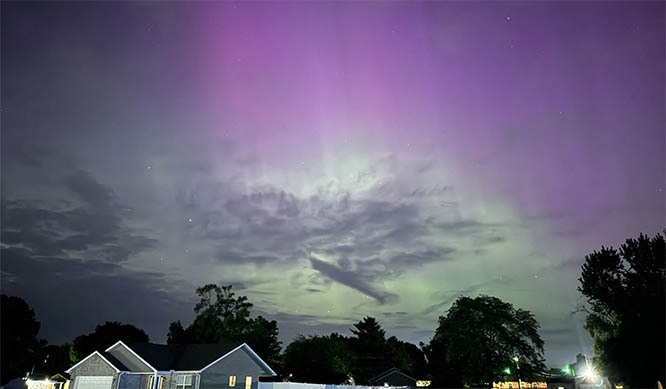Washington, Jan 9: President-elect Donald Trump accepts the U.S. intelligence community's conclusion that Russia engaged in cyber attacks during the U.S. presidential election and may take action in response, his incoming chief of staff said on Sunday.

Reince Priebus said Trump believed Russia was behind the intrusions into the Democratic Party organizations, although Priebus did not clarify whether the president-elect agreed that the hacks were directed by Russian President Vladimir Putin.
"He accepts the fact that this particular case was entities in Russia, so that's not the issue," Priebus said on an American news show.
It was the first acknowledgement from a senior member of the Republican president-elect's team that Trump had accepted that Russia directed the hacking and subsequent disclosure of Democratic emails during the 2016 presidential election.
Trump had rebuffed allegations that Russia was behind the hacks or was trying to help him win, saying the intrusions could have been carried out by China or a 400-pound hacker on his bed.
With less than two weeks until his January 20 inauguration, Trump has come under increasing pressure from fellow Republicans to accept intelligence community findings on Russian hacking and other attempts by Moscow to influence the November 8 election. A crucial test of Republican support for Trump comes this week with the first confirmation hearings for his Cabinet picks.
A US intelligence report last week said Putin directed a sophisticated influence campaign including cyber attacks to denigrate Democratic presidential candidate Hillary Clinton and support Trump.
The report, commissioned by Democratic President Barack Obama in December, concluded vote tallies were not affected by Russian interference, but did not assess whether it influenced the outcome of the vote in other ways.
'ACTION MAY BE TAKEN'
After receiving a briefing on Friday from leaders of the US intelligence agencies, Trump did not refer specifically to Russia's role in the presidential campaign.
In a statement, he acknowledged that "Russia, China, other countries, outside groups and people are consistently trying to break through the cyber infrastructure of our governmental institutions, businesses and organizations including the Democrat(ic) National Committee."
Trump spokesman Sean Spicer said that the president-elect's conclusions remained the same and that Priebus' comments were in line with Friday's statement.
Priebus' wording did not appear to foreshadow the dramatic reversal of Trump's apparent Russia policy that experts say would be required to deter further cyber attacks.
"It will take a lot more than what we heard on television today to make Putin cool it," the expert added. "In fact, there may not be anything that can deter Putin from pursuing a course he's bet his future and Russia's on," said a US intelligence expert on Russia, speaking on condition of anonymity.
The expert added that Putin's "multifaceted campaign of cyber attacks and espionage, propaganda, financial leverage, fake news and traditional espionage" had expanded in the United States since the election, "and it will be a shock if it does not escalate in France, Germany and elsewhere this year."
Priebus, the former Republican National Committee chairman Trump tapped as White House chief of staff, said Trump planned to order the intelligence community to make recommendations as to what should be done. "Action may be taken," he said, adding there was nothing wrong with trying to have a good relationship with Russia and other countries.
On Saturday, Trump wrote on Twitter that having a better relationship with Russia was a "good thing."






Comments
Add new comment